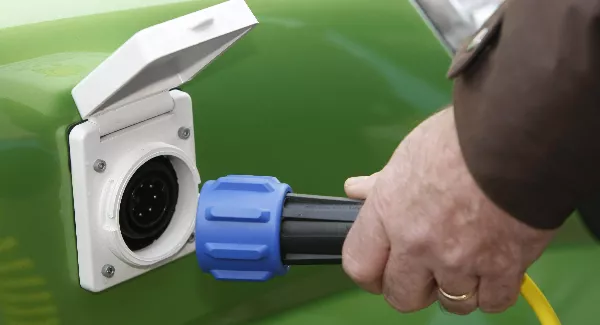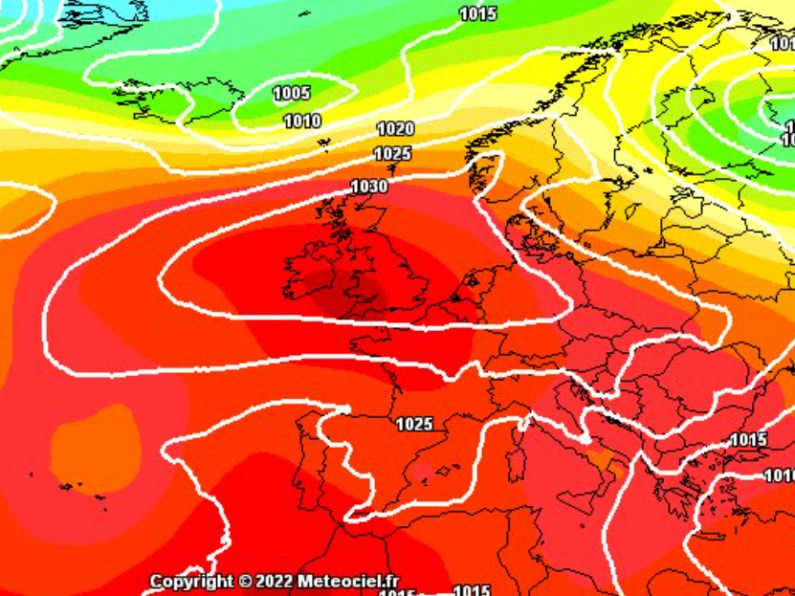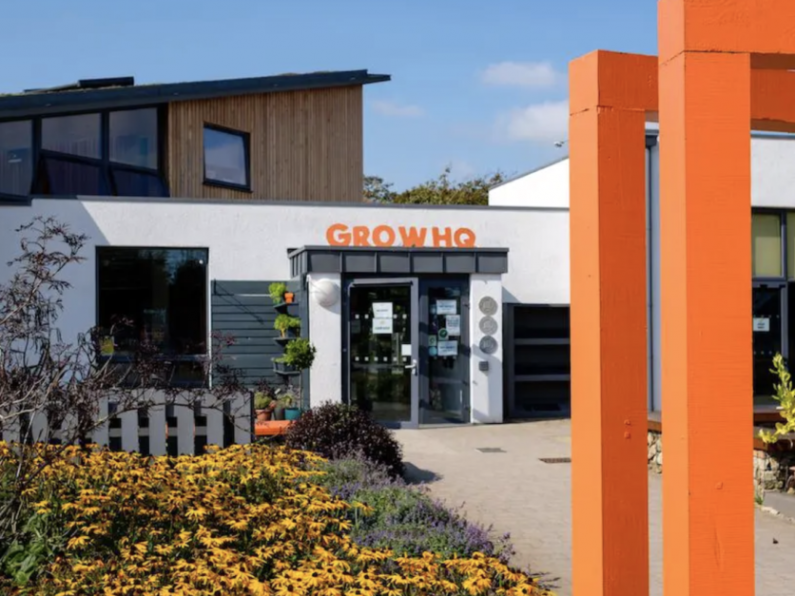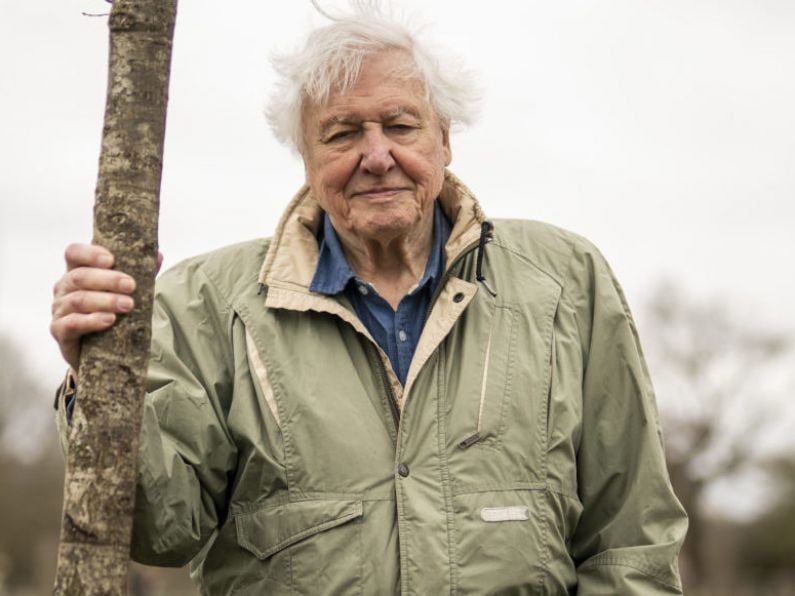By Kevin O'Neill

Electric car owners could pay more than three times as much to charge their car using on-street chargers than they would if they charged their vehicles at home under new levies due to come into effect in the coming weeks.
However, despite the introduction of new charges, the ESB said that electric cars could still be much cheaper to run than diesel vehicles.
The ESB has announced the pricing for its public electric vehicle charging network for the first time, with new charges effective as of November 18 for the use of its 50 kilowatt on-street fast chargers which can take as little as 25 minutes to achieve an 80% charge.
Up to now, electric car drivers have been able to use the public chargers for free but the new pricing system will give drivers a choice of two payment plans.
The options include a pay-as-you-go basis, charged at 33c per kilowatt hour, or a €5 per month membership fee, which entitles users to a reduced charge of 29c per unit.
Both options will work out significantly more expensive than charging an electric car at home which can be as little as 10c per kilowatt hour using night-rate electricity, leaving electric cars 71% cheaper to run than equivalent diesel engines, according to the ESB.
There will also be an introductory offer for those who sign up to the €5 monthly member fee between October 29 and the end of November, which will provide the membership rate of 29c per unit but waive the €5 monthly fee for 12 months.
Through this offer, the average driver could save 35% on driving costs compared to a diesel driver over 100km, according to the ESB.
The savings will be in the region of 27% for pay-as-you-go chargers.
Niall Hogan, head of e-mobility at ESB, said more details on the prices would be published on its website next week.
"If like most EV (electric vehicle) drivers, you do most of your charging at home, where it is cheapest and most convenient, then you’ll keep paying for the energy you use as you already do,” he said.
"What we are really talking about is the fast-charging network."
ESB is spending €20 million on 50 new high-powered hubs, which will give a car 100km range in as little as six minutes.
There are around 14,000 electric vehicles on Irish roads currently.
As of October 22, 3,080 electric vehicles had been sold in the year to date, more than double the 1,233 sold in 2018.
Brian Cooke, director-general of the Society of the Irish Motor Industry (SIMI) said that to improve the uptake of electric vehicles, the country needs a bigger network of charging points.
"The most plausible way to achieve this will be the commercialisation of the network infrastructure," he said.
"So the introduction of charges is necessary in order to help fund the ongoing development, growth and maintenance of the charging infrastructure.
"Even with these new charges, with a lower rate of VAT and the absence of any fuel duty on electricity, the running costs of an electric vehicle will remain a real value proposition for motorists."






